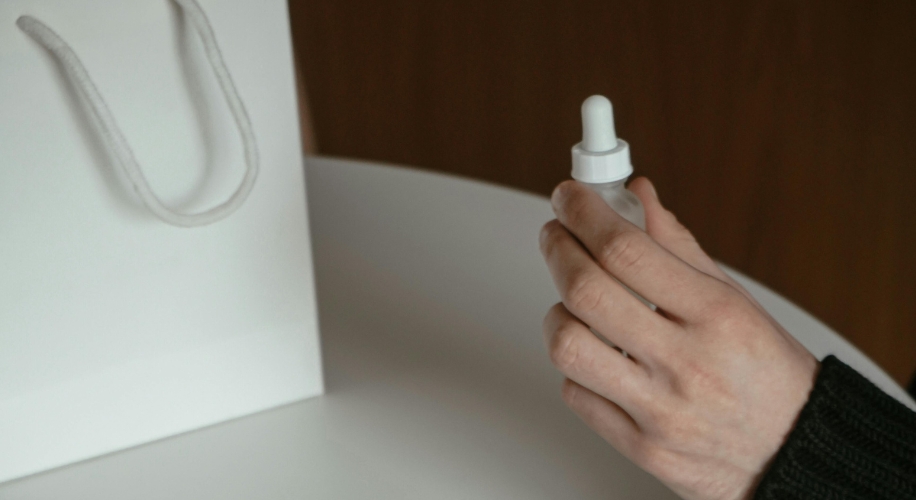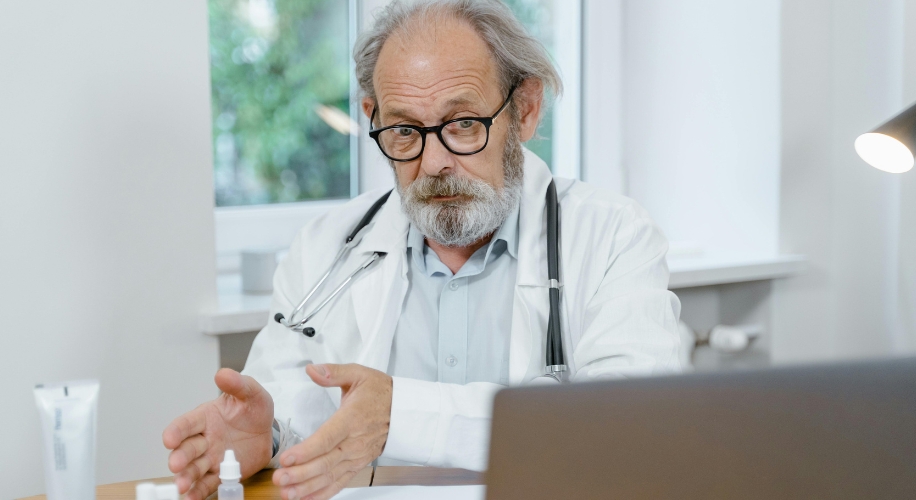Do Eye Drops Expire?
- BY Dr. Steven Liem
- IN Eye Care
Eye drops are a staple in many people’s medicine cabinets, providing relief for dry eyes, allergies, and various eye conditions. But what happens when the bottle has been sitting there for a while? Do eye drops expire? And if they do, how can you tell if they’re still safe to use? In this blog, we’ll dive into the shelf life of eye drops, how to properly store them, and what you should be aware of to ensure your eye health remains in top shape.
Photo by cottonbro studio
Understanding the Shelf Life of Eye Drops
Like most medications, eye drops come with an expiration date. This date is usually printed on the bottle or packaging and is set by the manufacturer based on stability testing. The expiration date indicates the point until which the manufacturer can guarantee the safety and efficacy of the product.
Why Do Eye Drops Expire?
Eye drops can lose their effectiveness over time due to various factors. Exposure to air, light, and temperature fluctuations can cause the active ingredients to break down. Moreover, eye drops are often formulated with preservatives to prevent microbial growth, but these preservatives can also degrade over time. Using expired eye drops could potentially lead to reduced effectiveness or even cause irritation and infections if the preservative system fails.
Signs That Eye Drops Have Expired
Even if the expiration date hasn’t passed, you should inspect your eye drops before use. Here are some signs that your eye drops may have gone bad:
- Changes in Color: If you notice that the color of your eye drops has changed, it could be a sign that they are no longer good. Fresh eye drops should be clear or have a consistent color as indicated on the packaging.
- Cloudiness: Eye drops should be clear. If the solution appears cloudy or has particles floating in it, it’s best to discard the bottle.
- Unusual Odor: A strange or off-putting smell can be an indication that the preservatives in the eye drops have broken down or that contamination has occurred.
- Altered Consistency: If the eye drops have become thicker or more viscous than usual, this can be a sign that they have expired.
Photo by Cup of Couple
Proper Storage to Extend Shelf Life
To make the most of your eye drops and extend their shelf life, follow these storage tips:
- Keep Them in a Cool, Dry Place: Store your eye drops away from direct sunlight and heat. A cool, dry place, like a medicine cabinet, is ideal.
- Seal Tightly: Always ensure the cap is tightly closed to prevent contamination and evaporation.
- Avoid Sharing: Do not share your eye drops with others, as this can introduce bacteria into the bottle and potentially cause contamination.
- Check Storage Instructions: Some eye drops may have specific storage instructions, such as refrigeration. Always follow the manufacturer’s guidelines.
What to Do with Expired Eye Drops
If you discover that your eye drops have expired, it’s important to dispose of them properly. Many communities have drug take-back programs or designated disposal sites for medications. Avoid flushing them down the toilet or throwing them in the trash, as this can be harmful to the environment.
Photo by Tima Miroshnichenko
When to See a Healthcare Professional
If you’re ever in doubt about the safety or efficacy of your eye drops, it’s best to consult a healthcare professional. They can provide guidance on whether you should continue using your current bottle or obtain a new one.
In summary, eye drops do expire, and it’s important to respect the expiration date provided on the packaging. Using expired eye drops can reduce their effectiveness and potentially lead to health risks. If you have any concerns about your eye drops or their expiration, consult with a healthcare professional for guidance.




